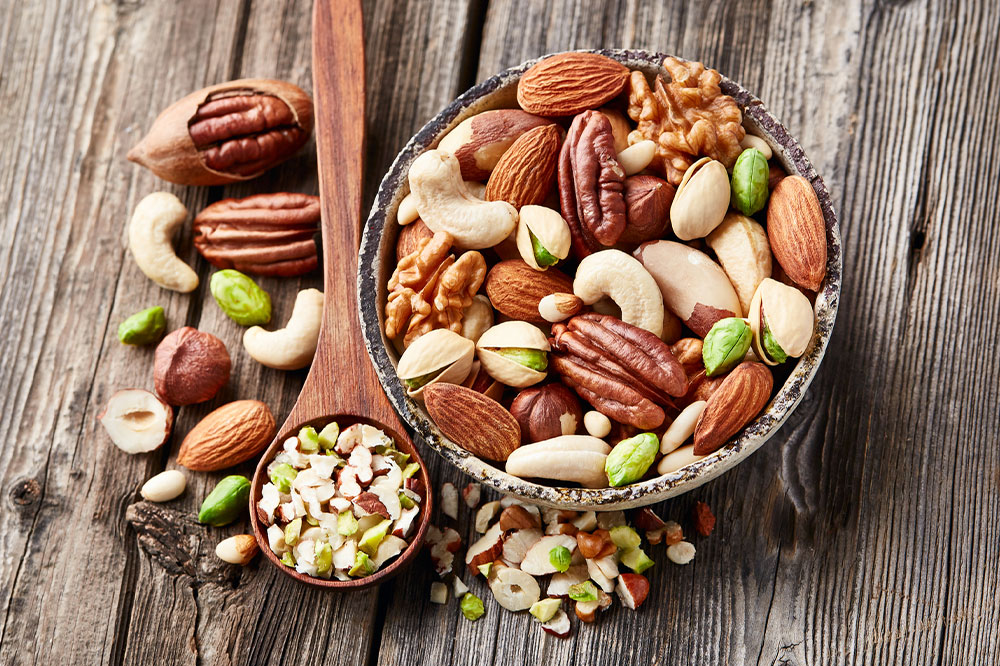Keep away from these foods for managing hyperkalemia

Hyperkalemia is a condition in which the blood composition experiences a tremendous increase in potassium levels. According to a journal published in 2017 by the American Society of Nephrology, Hyperkalemia is most likely to affect a person who has been taking blood pressure medications for a long time or has been stricken by heart failure or/and kidney disease. Read this article to understand everything one needs to know about Hyperkalemia:
Who is likely to get affected by Hyperkalemia?
According to some studies, the average American doesn’t need to stress potassium build-up in their blood. However, patients affected by kidney disease, heart ailments, or high blood pressure must limit their daily potassium intake. Experts from National Kidney Foundation believe that patients belonging to the mentioned risk groups should have no more than 2,000 milligrams of potassium per day.
Food to avoid for Hyperkalemia
According to the University of Michigan Health System, high-potassium foods contain more than 200 milligrams per serving. So, for patients belonging to the high-risk groups, it is essential to look out and avoid the following high-potassium foods:
Fruits rich in potassium
The first fruit that comes to mind while listing potassium-rich foods is bananas. However, very few are aware that the amount of potassium in bananas is 420 per fruit, which is far less than 1/2 a cup of dried apricots, including over 750 milligrams, ½ a cup of prunes containing about 600 milligrams.
According to an Academy of Nutrition and Dietetics expert, because such fruits are dried, the nutrients in them are far more concentrated than the fresh fruits. Other fruits having a high-potassium content include:
Oranges- 325 milligrams for whole and 500 milligrams for juice per cup.
Mangoes-Around 564 milligrams per fruit.
Pomegranates-410 milligrams per cup.
Apart from that, nectarines, kiwis, and Cantaloupes are moderate in potassium content, with only 200 to 300 milligrams per serving. However, they are still considered significant sources of minerals. Consequently, people in high-risk groups should have them in moderation while monitoring their potassium levels.
Vegetables rich in potassium
Having proper servings of vegetables daily is crucial for all to receive the right amount of nutrients. However, for the high-risk groups, some types of vegetables may prove to be detrimental given their high potassium content. These include:
A medium-sized sweet potato with skin comprising about 540 milligrams of potassium.
A medium-sized baked potato with skin containing more than 925 milligrams.
A cup of cooked yams containing 911 milligrams.



